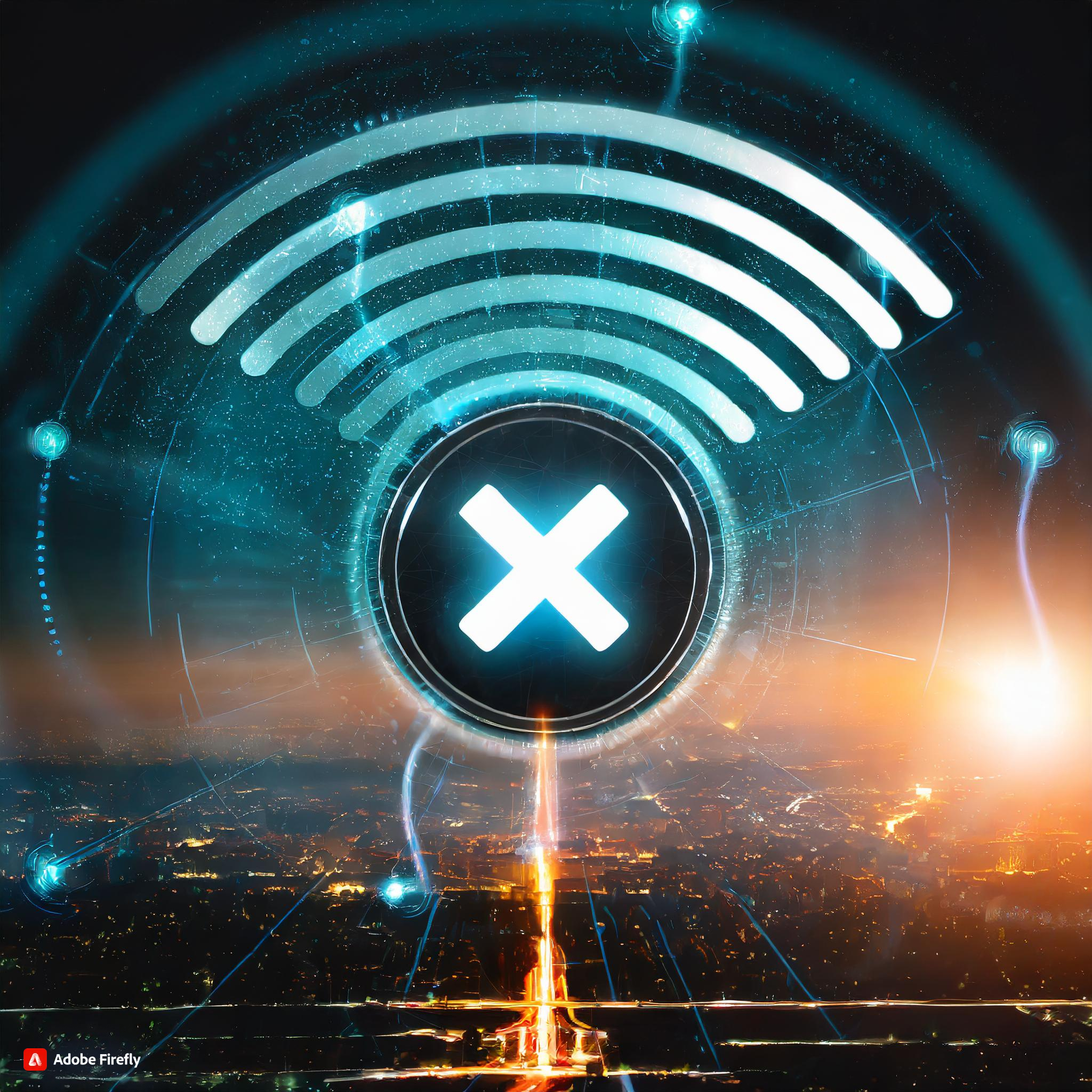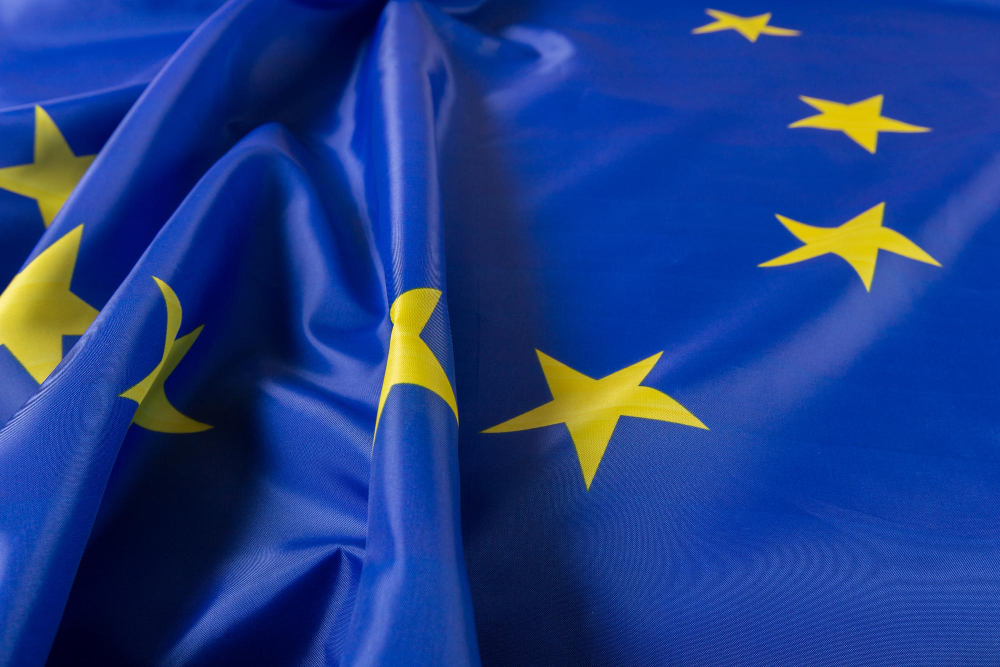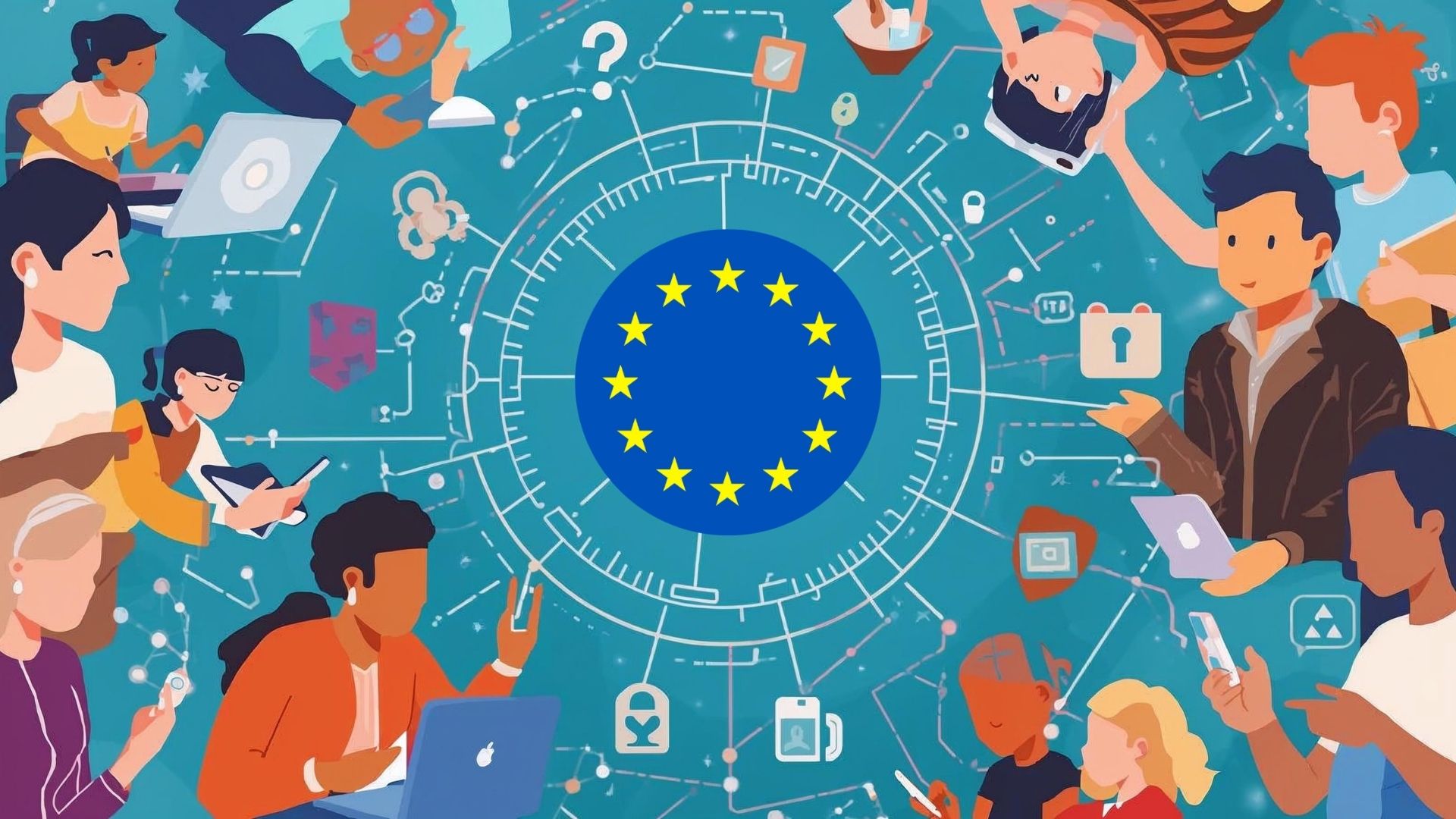The UK government has announced new measures to protect children online, giving parents clearer guidance and support. PM Keir Starmer said no platform will get a free pass, with illegal AI chatbot content targeted immediately.
New powers, to be introduced through upcoming legislation, will allow swift action following a consultation on children’s digital well-being.
Proposed measures include enforcing social media age limits, restricting harmful features like infinite scrolling, and strengthening safeguards against sharing non-consensual intimate images.
Ministers are already consulting parents, children, and civil society groups. The Department for Science, Innovation and Technology launched ‘You Won’t Know until You Ask’ to advise on safety settings, talking to children, and handling harmful content.
Charities such as NSPCC and the Molly Rose Foundation welcomed the announcement, emphasising swift action on age limits, addictive design, and AI content regulation. Children’s feedback will help shape the new rules, aiming to make the UK a global leader in online safety.
Would you like to learn more about AI, tech and digital diplomacy? If so, ask our Diplo chatbot!










